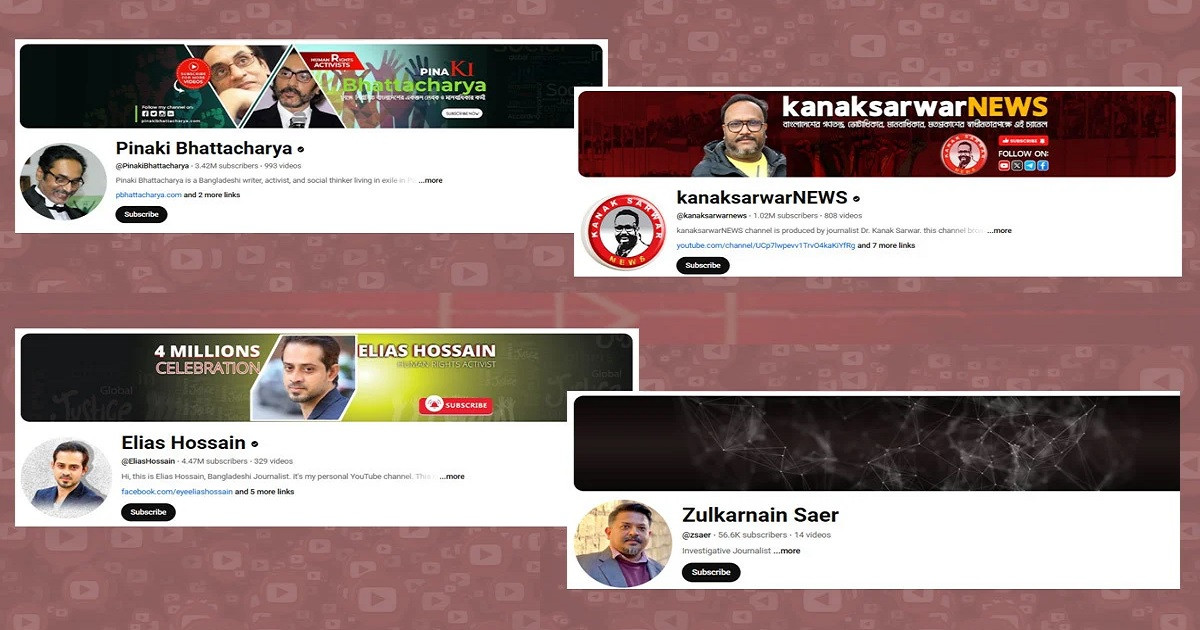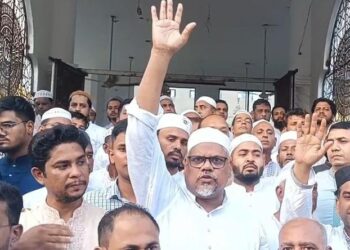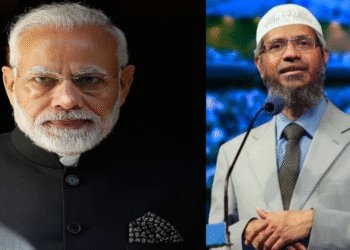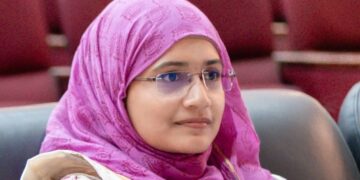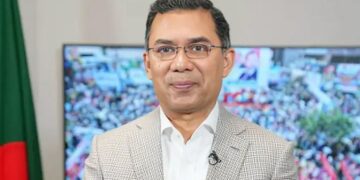India’s Ban on Bangladeshi Writers and Social Activists YouTube Channels. Is It a Political Problem or a Diplomatic Move?
The issue of Bangladeshi television channels and the YouTube channels of expatriate writers and social activists being blocked in India is not merely a matter of technology or content management, it is deeply tied to politics, diplomacy, and freedom of expression.
The Indian government has made this decision under Section 69A of its Information Technology Act, 2000, which states that any content that threatens national security, sovereignty, or public order can be restricted. This law has previously been used to block Pakistani content, including prominent outlets like Dawn, Geo News, and even Shoaib Akhtar’s YouTube channel.
In addition, the blocking of channels belonging to expatriate activists like Kanak Sarwar, Ilias Hossain, Zulkarnain Saer, and Pinaki Bhattacharya suggests that the Indian government is closely scrutinizing the influence of certain narratives. The Bangladeshi government has already stated its intention to seek an explanation from YouTube, and if no clear response is received, it has indicated that countermeasures may be taken.
Many of these writers and activists are known for their critical views on government policies, both in Bangladesh and sometimes in India. Their content may be perceived by the Indian government as provocative or destabilizing, potentially posing a threat to internal political order. Blocking such content can therefore be seen as an act of political control under the guise of national security.
However, the banning of multiple mainstream Bangladeshi media outlets and expatriate writers this time brings a new dimension to the situation. The list of banned channels reflects a diversity of ideological views within Bangladesh. In particular, Jamuna, Ekattor, Banglavision, DBC, Somoy and Mohona are all considered major mainstream news outlets in the country.
Read More: Top 5 Australian Universities: Education Quality, Research Leadership, and Financial Overview
If the Bangladeshi government formally responds to these blocks or takes countermeasures, the issue escalates into a diplomatic confrontation. India might be trying to send a message something like that “We won’t tolerate content that threatens our national interests.”At the same time, Bangladesh’s call for an explanation from YouTube indicates that the issue has already moved into the diplomatic arena.
In this context, the issue is no longer just about content control, it now carries significant weight in terms of bilateral diplomacy, freedom of expression, and state-level intervention on digital platforms.
This incident raises several important questions:
-
Why were these specific channels targeted?
-
Is this truly a matter of national security, or are there underlying political motives?
-
How will the Bangladeshi government respond, and will it involve restrictions on anti-Bangladesh content aired in India?
-
Are such decisions infringing on the right to free speech?
Experts believe that actions like these are leading to an increasingly complex environment of content censorship and digital geopolitics in South Asia.

